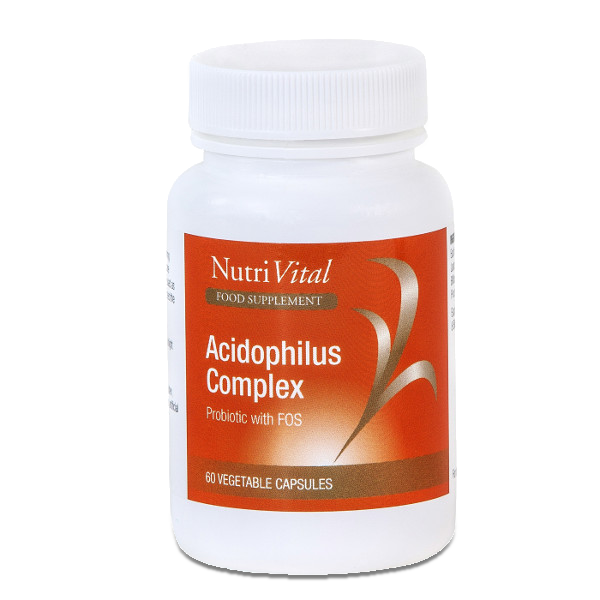Acne – or its clinical name acne vulgaris – is a skin disorder that affects the pilosebaceous units in the skin. Manifestations can take the form of non-inflammatory comedones, to inflammatory papules, pustules, nodules and cysts.
Comedones are of two types: open comedo or “blackhead”, and closed comedo or “whitehead”, which is a small, flesh-colored, dome-shaped papule that often is not visible.
When an individual has only comedones, the acne is generally considered mild. Moderate and severe acne occur diagnosed when an individual exhibits a combination of comedones and inflammatory lesions, like papules, pustules, nodules, and cysts. The appropriate treatment is based on whether the acne is mild, moderate or severe.
Treating Acne
There are many products in the market today – both OTC and prescription – that contain ingredients that can cause more damage to acne. Many so-called “skincare” products can cause adverse reactions, leading to dermatitis, allergic dermatitis, and acne cosmetica. Ingredients of skin care products range from emollients, humectants, surfactants, preservatives and fragrance; all of which can further irritate the skin.
It’s also important to note that because acne is a disease that has four specific stages, skin care products and medication must correspond to each stage. If only one product is used, it will cure acne only if, by chance, all acne falls into one stage targeted by that product. This is unlikely, and explains why some people find that they respond well to a treatment one week, and poorly the next.
At The Centre For Integrated Health, we draw on the unique insights that our screenings provide to aid us in tackling the deeper, causative issues of individual cases of acne. In accordance with these insights, our practitioners will work with sufferers to re-design lifestyle and nutritional factors (sometimes introducing herbal treatments) – and implement the changes – to provide effective and lasting results.
Case Study
Ms “H”, a yoga teacher, had this to say:
“I was suffering from severe acne on and off for over ten years and had many courses of strong medication varying from Tetracyclines and other antibiotics to Roaccutane. These treatments always came with strong side affects and the results never lasted long, my acne always returned. Finally at the age of 27 I was determined to find out what was causing it as it couldn’t be normal teenage acne anymore.
I got the answers from The Centre for Integrated Health] through NutriVital screening, and my road to natural drug-free recovery began. Now five months and only two visits later my acne is nearly almost gone –which is amazing looking back to where I started off…
I will keep recommending The Centre and NutriVital screening to people suffering from all different health complaints. It certainly worked for me!”
(Thanks Ms “H”. We couldn’t have said it better ourselves!)
Learn More
Acne is a skin disease that is more than just cosmetic; this is certainly a sensitive issue and one that can deeply affect self-esteem, confidence and sense of wellbeing. Acne can also lead to other illnesses, and if untreated, can cause lasting skin damage.
At The Centre For Integrated Health, we treat your acne challenge with the care and sensitivity; and we focus on the results that you expect and deserve.
There follows a list of products that clients have enjoyed success with. For personalised advice, please email

Package contents: 60 caps
Acidophilus is renowned to be of use for the balance of good and bad bacteria in the bowel. It can be used to return the intestinal flora to normal, healthy levels (natural flora levels may be affected by fungus or antibiotics). Lactobacillus acidophilus and Bifidobacterium bifidum form part of the body’s normal micro-flora and encourage a